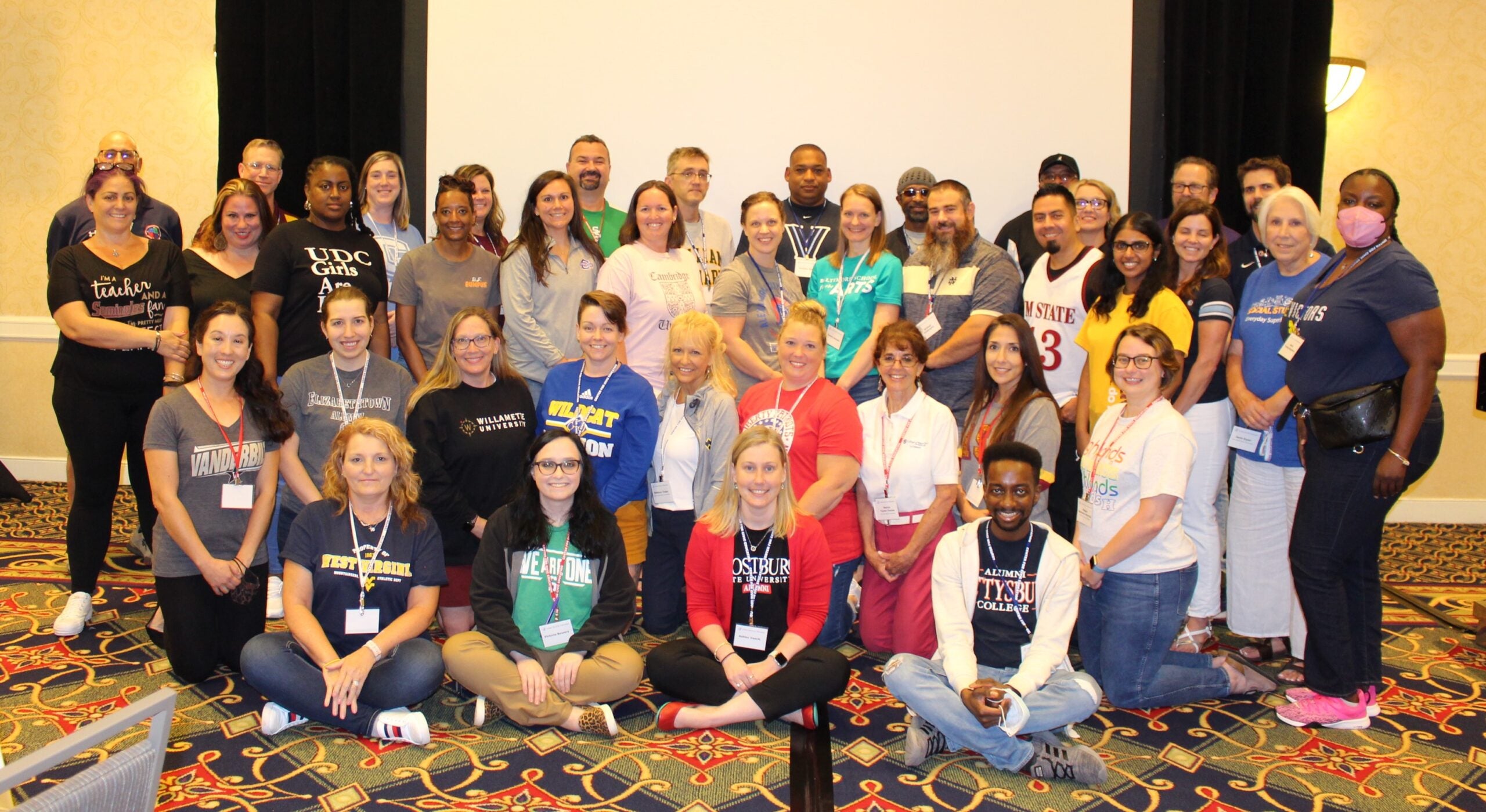CERL Receives Grant for the James Madison Legacy Project Expansion from the U.S. Department of Education

Posted in News
CERL in conjunction with the Center for Civic Education (Home – civiced.org) has received a $4.4 million grant from the U.S. Department of Education Innovation and Research Program for the James Madison Legacy Project Expansion: Empowering High-Need Students for Informed, Thoughtful, and Productive Citizenship (JMLPE). The program builds upon the James Madison Legacy Project that was funded by the Department of Education for four years beginning in 2015. Dr. Diana Owen and the CERL team are responsible for the research component of the grant project.
The JMLPE is a nationwide initiative that focuses on adapting the We the People: The Citizen and the Constitution (WTP) curriculum for students with disabilities, English language learners (ELLs), and students of color. The research questions addressed by the JMLPE are: What are the priorities and needs of middle and high school civics teachers whose classes include significant numbers of ELLs, students with disabilities, and students of color? What are the barriers to successfully implementing civics curriculum interventions in their classrooms? What are the best practices for imparting civic and social and emotional learning (SEL) competencies to the three target student populations? How was the WTP curriculum adapted to meet the needs of teachers and ELLs, students with disabilities, and students of color? And importantly, to what extent does the JMLPE curriculum intervention improve students’ civic knowledge, dispositions, and skills?
The initial JMLP targeted high-need students broadly defined by the Department of Education as students at risk of educational failure or in need of special assistance and support, including students who are living in poverty, attend high-minority schools, are far below grade level, are homeless, are in foster care, are incarcerated, have disabilities, or are ELLs. CERL research found that the achievement of students in the JMLP was not uniform across high-need categories. The improvements in learning for ELLs, students with disabilities, and students of color, while statistically significant, were not as robust as for some other high-need students. The Center for Civic Education determined that the WTP materials and curriculum could be adapted to better accommodate the instructional needs of these students. ELLs are a diverse group of students who have different language abilities and backgrounds. Among their ranks are refugees, migrants, students with interrupted education, internationally adopted students, and unaccompanied minors. Students with disabilities have unique learning needs and require specially designed instruction. The range of disabilities that can affect students’ learning ability includes intellectual disabilities, speech or language impairment, hearing impairment, visual impairment, serious emotional disturbance, traumatic brain injury, orthopedic impairments, autism spectrum disorder, and developmental delay.
During the first year of the JMLPE—2022-23—Center staff worked with teacher experts to identify the needs, challenges, and best practices that would inform the development of the adapted WTP lesson plans. CERL conducted a pilot study to determine the effectiveness of the lessons and provide feedback for subsequent phases of the project. The 2023-24 JMLPE focuses on students with disabilities and students of color. The third year of the project works with ELLs and students of color. In addition to providing professional development to in-service teachers, the JMLPE trains pre-service teachers to instruct these student populations in civics, social studies, and American government.
